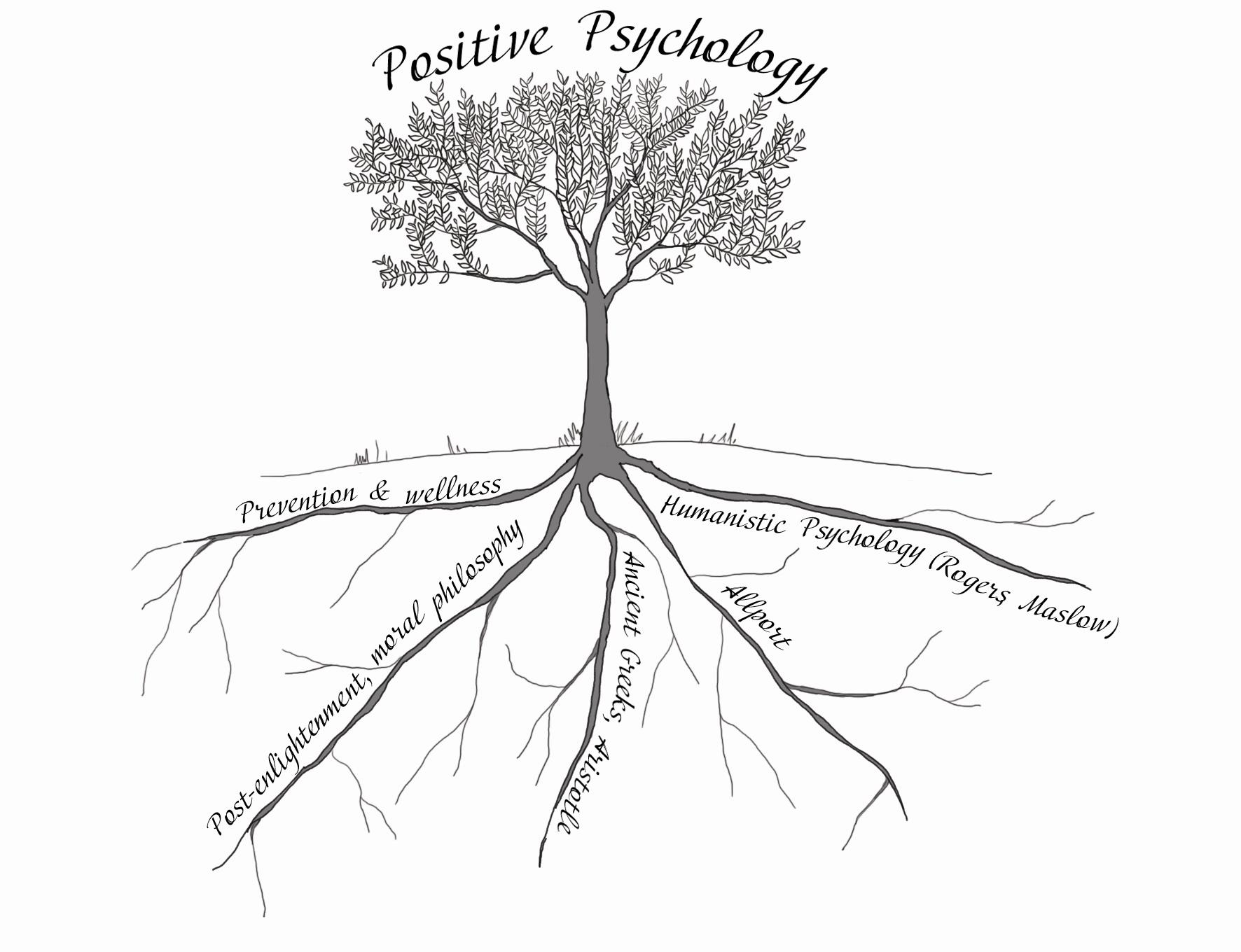Combined set of per-group wikis
Start page
Positive Psychology: A mere remarketing of traditional topics?
A recurrent criticism of Positive Psychology is that it has simply repackaged and revived familiar, traditional psychological concepts. In this section, we will investigate this claim.

Introduction
PosPsy as the newest branch of Psychology has not been without controversy in the scientific community. Critics have highlighted the fact that many concepts can, at least in part, also be studied in its traditional form. Does this mean that Pospsy is a mere re-vamp aimed at gaining attention by both the sientfic as well as wider community? Or is this new discipline simply standing on the shoulder of giants and legitimately building on what has come before us?
We have picked five concepts of positive psychology and have assessed to what extent these are a novel contribution, a useful reworking of older topics or a simple rebranding. Click yourself through each concept and find out!
Questioning the Question
Questioning the scientific novelty of the concepts advocated in Positive Psychology certainly provides a useful critical viewpoint; see good articles by Lazarus (2004) and Sheldon & King (2001) for a general overview. However, we should think about why it is that this criticism of "rebranding" is raised in the first place. Implicit to this debate is a false dichotomy of Positive Psychology versus "real" Psychology and certainly the movement itself has been regarded by some with little esteem or serious interest.
To refute these critics, we need to think of Positive Psychology as a larger intellectual movement towards studying human development and well-being and how to live a life "above zero". The individual topics discussed within this area might be re-workings or developments of traditional topic, but we need to look at the larger picture to see why this is the case.
In defining itself, Positive Psychology has frequently presented itself as departing from traditional psychology, as Baumgardner and Crothers (2009) explain. This has led to the perception that PosPsy sees itself as entirely new. But Professor Peterson emphasises that "the value of positive psychology is to complement and extend the problem-focused psychology". Arguably, the researchers have introduced new concepts and terminology yet few concepts are claimed to be entirely ground-breaking. It is rather that PosPsy dicusses them in a new light with different aims. Seligman 's (2002) goal was not to create yet another specialised research area for Psychology, but to balance the entire field.
The success of this endavour has yet to be assessed, but creating false dichotomies only reveals a lack of understanding of what Positive Psychology is about. On the other hand, rigurous scientific scrutiny is needed to prevent drifting into the " saccharine terrorism " of self-help gurus.
Conclusion
Overall, the five key concepts discussed showed some links to traditional topics of Western Psychology (attention and cognitive and attribution styles ) or in fact Asian philosophy (mindfulness and flow) and discuss them in terms of clinical applications and personal development.
Flow is concluded to be a novel and important concept. Ciikeszentmihalyi did not remarket elder tradition, however Flow could easily be mistaken as a mere rebranding because it overlaps and can be related to other already existing psychological theories such as Optimal arousal , motivation , reinforcement and attention. Flow can explain how these concepts might feel like when they are experienced.
Gratitude is concluded as an traditional phenomenon that already consist for centuries in difference cultures, but is new in sciences like positive psychology. This is based on the fact that gratitude is seen as a way of life in many different cultures, but there is never conduct real research to gratitude as a scientific concept.
Mindfulness as an ancient Buddhist form of conciousness training is a concept fairly new to Psychology and PosPsy in particular. It produces great results in clinical applications in stress and depression and is a cost-free and accessible method of enhancing everyday well-being.
Optimism is concluded as being a useful reworking of older topics. This is due to the idea originally being taken from attribution style work, however positive psychology has contributed extensively to this topic making it more well known and completing research which is extremely beneficial to health psychology.
Strengths is concluded a useful reworking of a traditional topic, at the very least; it is certainly not just a re-branding of traditional topics. Historically, discussions concerning the importance of strength have been rooted in theory alone. Positive Psychology has provided a new medium for research which has resulted in the creation of classification systems and empirical measures of strengths, as well as attempts to effectively apply the approach to a number of clinical and non-clinical settings.

 Moodle Docs for this page
Moodle Docs for this page